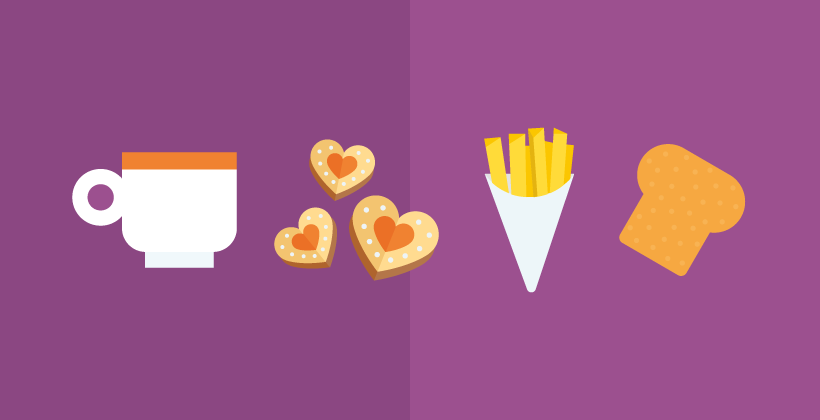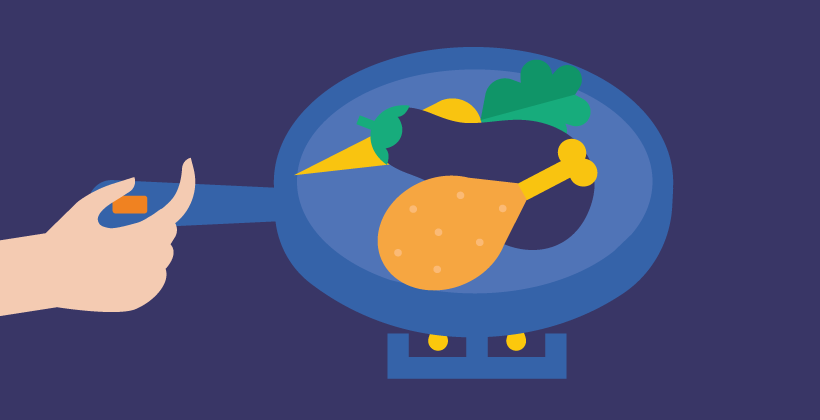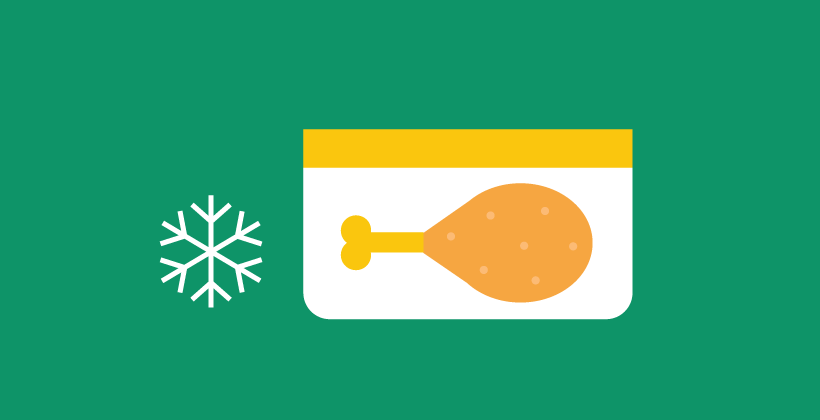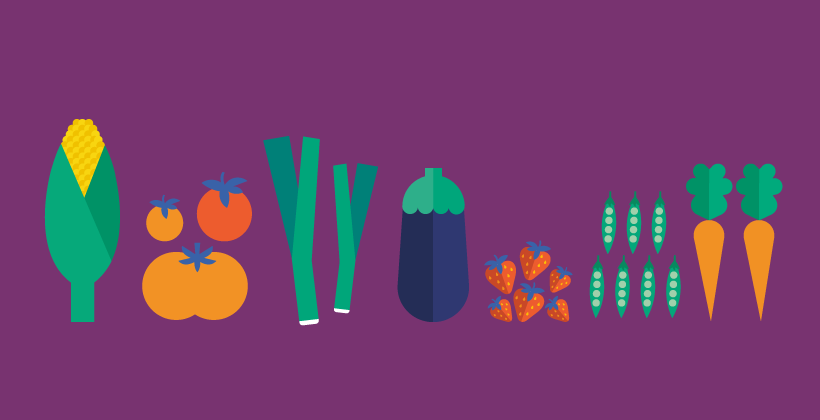Safe food handling
Food handling practices
Food can become contaminated at any point of the food chain having serious or even fatal consequences for your health.
Proper food handling practices can significantly reduce the risk of foodborne illness. A basic knowledge of the keys to safer food will help you protect the health of your family, friends, customers and the reputation of your food business.
How to reduce acrylamide formation at home (Infographic)
13 May 2025This is an infographic outlining how to reduce acrylamide formation at home.
Cooking with a grill, over an open flame, frying or smoking your food
30 November 2011When grilling your food, using an open flame, frying or smoking your food it is important that you pay attention to a few simple food handling and cooking tips.
Why Do We Cook Our Food and What Happens When We Do?
08 November 2010Cooking plays a key role in daily life across the globe. Discover why we cook our food, what happens when we do and the main types of cooking methods and fats.
What happens when we cook food? Understanding acrylamide formation
31 October 2008For many thousands of years, people have used heat to cook foods. However, the process of heating can lead to the formation of less favourable substances, such as acrylamide.
How Does Freezing Preserve Food and Maintain Quality?
01 March 2002Frozen vegetables and herbs, ready-to-heat meals and gourmet ice cream - the variety of frozen foods in supermarkets has grown markedly since the introduction of frozen food in the 1930's. In this article Food Today looks at the process of freezing and its role in helping to preserve foods and provide convenience and variety.
The safety of fresh fruits and vegetables
01 September 2000A diet rich in fresh fruits and vegetables is important to maintaining good health. However, fresh produce can sometimes be a source of foodborne illness.
What to do if the freezer stops
01 December 1999The freezer plays an important role in household management. If it stops working, several steps should be taken to prevent food safety problems and unpleasant odours.
A safe approach to outdoor eating
01 May 1999The warm weather is on its way, and with it comes the time for barbecuing, picnicking and outdoor activities. But as the temperature rises, so does the activity of bacteria which may spoil your foods.







